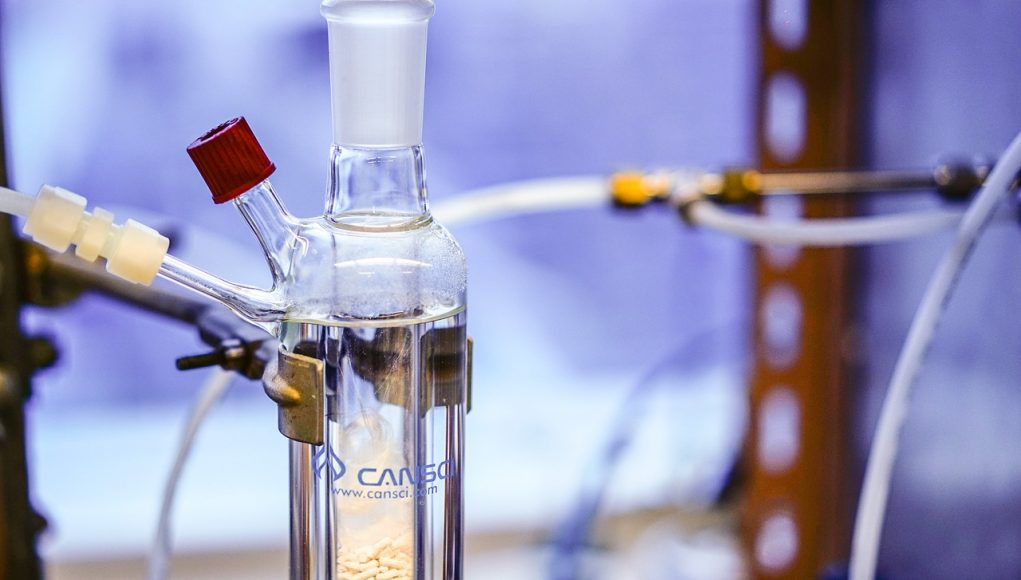The advent of Puffbar, and its rise in popularity due to its disposable products has shone the spot light on synthetic nicotine. A recent paper reported that a search of the Truth Tobacco Industry Documents revealed that the industry had been considering the use of synthetic nicotine since the1960s. However previous efforts had been discarded.
The paper went on to explain the different types of synthetic nicotine and how a number of manufacturers, including a leading vendor of pharmaceutical grade nicotine, recentlyso developed stereospecific strategies to as to be able to synthesise the type of synthetic nicotine found nowadays in vapes.
Until now, vape vendors have been able to take advantage of regulatory loopholes so as to be able to circumvent the costly premarket tobacco product application (PMTA) process. However, the situation may be changing soon.
On December 15th, New Jersey Congresswoman Mikie Sherrill introduced the Clarifying Authority Over Nicotine Act of 2021, a bipartisan bill that grants the U.S. Food and Drug Administration (FDA) the authority to regulate synthetic nicotine products, in the same way it regulates nicotine products made or derived from tobacco.
In a press release, Rep. Sherrill said that the bill aims to protect minors. “This bill will ensure all tobacco products, including products made with synthetic nicotine, are regulated by the FDA in order to protect kids in our communities and those who may seek to use these products.”
The FDA Holds Off on Banning Synthetic Nicotine
As it stands, the Federal Food, Drug, and Cosmetic Act (FDCA) defines a “tobacco product” as “any product made or derived from tobacco that is intended for human consumption, including any component, part, or accessory of a tobacco product.” However, besides regulating synthetic nicotine as a “component” of a tobacco product, the FDA could also regulate it as a “drug.
Meanwhile last month, the FDA started the process of sending warnings to non-authorized manufacturers and retailers of products containing synthetic nicotine, however despite intense pressure to ban the compound, it has not done so.












